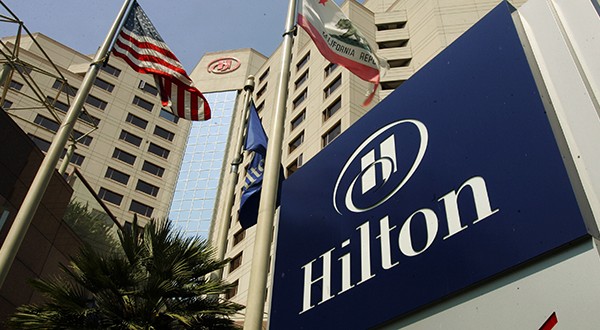
In December 2015, Hilton Worldwide Holdings, Inc. announced that it was pursuing a spinoff of a portion of its portfolio into a Real Estate Investment Trust (REIT). This follows the industry trend and wider trend of non-purely real estate firms seeking to do the same in order to unlock shareholder value and boost their stocks through the tax savings provided by the REIT structure. Investors cheered the initial announcement, with shares rising over 2.5% upon the announcement. After receiving preliminary regulatory approval from the IRS, the company officially announced the spinoff on February 26. According to Bloomberg, details of the spinoff will become clearer in the firm’s second quarter 10-Q when it is filed with the SEC.
As of this writing, Hilton owns or leases 147 hotels around the world. The new hotel REIT is expected to hold approximately 70 properties containing about 35,000 out of the more than 740,000 rooms that Hilton has worldwide. According to analysts at Robert W. Baird & Co., the properties that Hilton owns outright are valued at about $13.5 billion, with 10 hotels generating half of the firm’s pretax earnings. These include Hilton resorts in Hawaii and flagship hotels cities including New York, New Orleans and San Francisco. It is expected that the new REIT will contain most, if not all, of the group’s top-earning properties, including several resorts under the Hilton and DoubleTree banners. Currently, it is estimated that the new REIT could be worth more than $10 billion.
This comes as a welcome development to Hilton’s shareholders amidst the current environment of increased competition from industry rivals and startups such as AirBNB. Hilton is utilizing its scale to take advantage of a structure that would not be viable for many of its rivals. Because REITs are tax-exempt provided that they pay out 90% of their earnings in dividends to investors, they typically trade at higher multiples of earnings than traditionally structured rivals. Additionally, the spinoff will provide a boost to shareholder value as rival Marriott International Inc. is poised to become the top hotel operator worldwide, pending the completion of its acquisition of Starwood Hotels & Resorts Worldwide Inc.
The deal represents another milestone for The Blackstone Group’s investment in Hilton, which has become one of the most successful leveraged buyouts of all time. This deal represents further success for the group in realizing value from the stake it has held. The private equity giant purchased Hilton in 2007, and still owns approximately 43% of the firm after an incredibly successful IPO in 2013. The 2007 purchase is all the more remarkable for having been made during the peak of the 2004-07 LBO boom, at a time when many completed LBOs turned sour through the financial crisis. According to the Wall Street Journal, the 2013 IPO resulted in a paper valuation of $8.5 billion for Blackstone’s stake, which ranks it near the top of the most profitable leveraged-buyouts in history on a pure dollar amount basis. Blackstone may be able to further achieve value from its investment in the near future; just as Marriott spun off its timeshare business into Host Hotels in 1993, Hilton has mentioned a possible spin off its timeshare business in the near future.
Photo: Hilton Worldwide, Inc.

